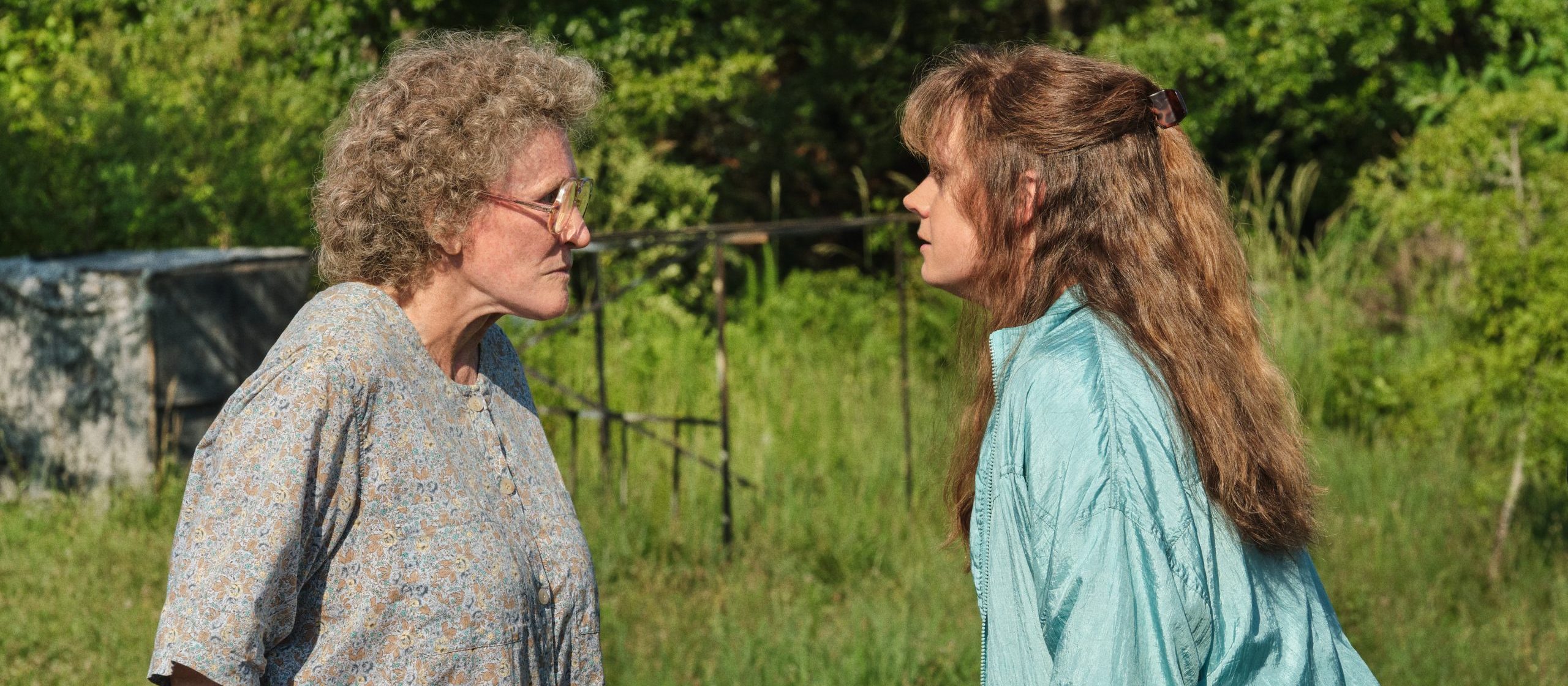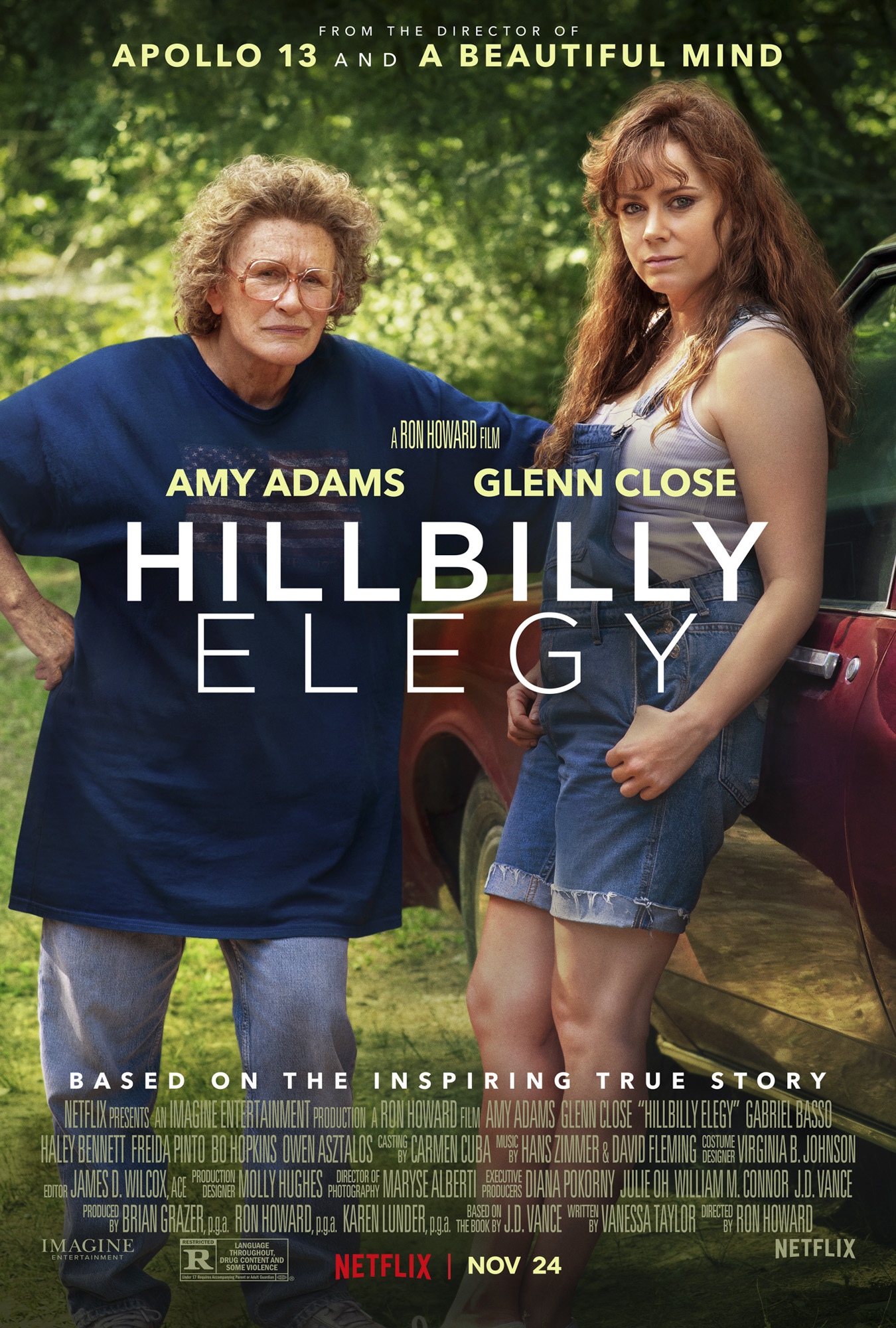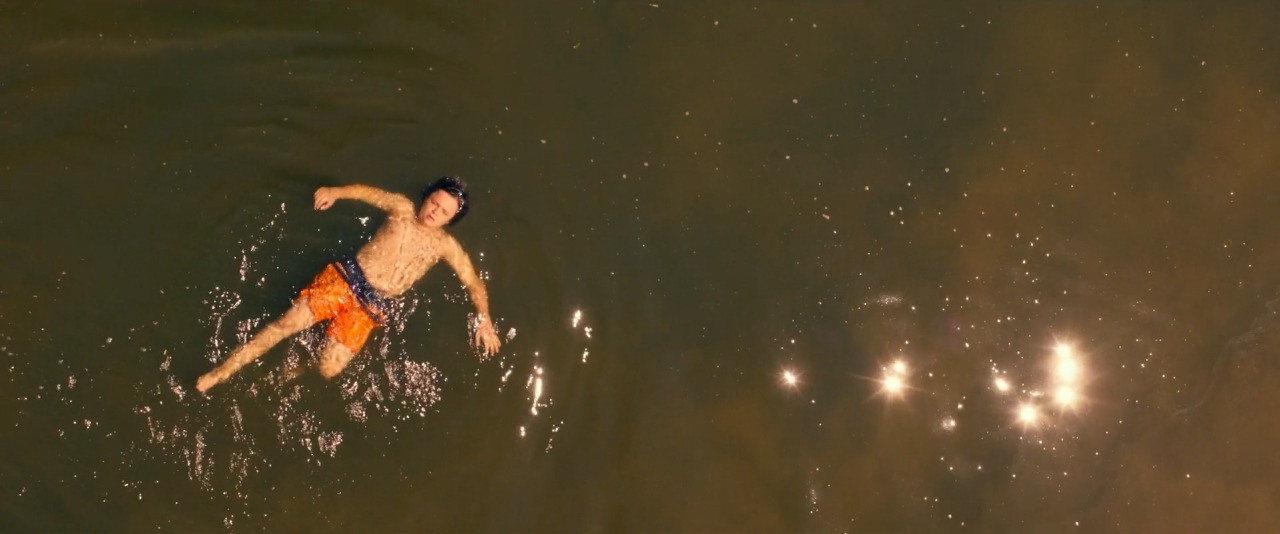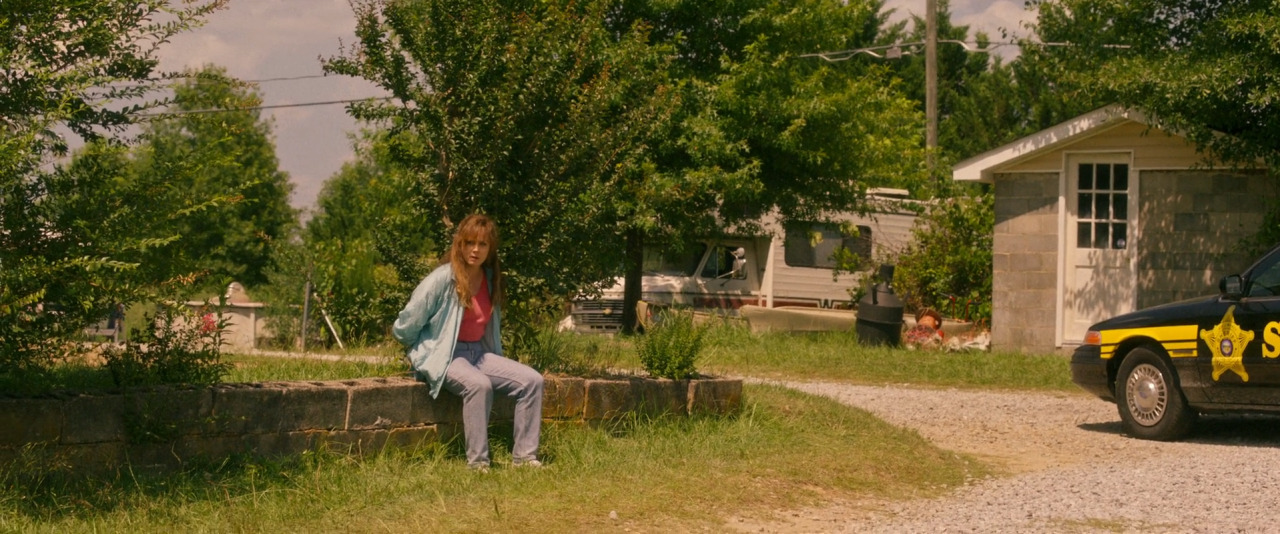

“I don’t care you hate me. I ain’t in it for popularity.”
In 2016, J.D. Vance released a memoir of his early life, detailing his upbringing in rustbelt Ohio, in the shaky care of his addict mother and spitfire grandmother through to his success as a law student at Yale. He wrote earnestly about his Kentucky transplant family’s struggles with abuse, poverty, and drug addiction during the industrial decline, and attempted to explain this outdated way of life to the modern American culture while also critiquing its philosophical shortcomings (note: as of this writing I haven’t read the book). Released as it was during the lead-up to the 2016 presidential election, the book drew a lot of attention from both sides of the political aisle, garnering praise and criticism in equal measure and climbing to the top of the New York Times bestseller list. On the one hand, it was an inspiring tale of a young man picking himself up by his bootstraps; on the other, it shone a bright light on an overlooked swath of poverty-stricken Americans who were so hopelessly lost that they likely embraced and voted for political outsider Donald Trump. It’s easy to understand why the book received media attention and why it was so divisive.
A few years later, now, in the wake of the 2020 election, Ron Howard’s dramatization of the memoir has likewise been released to stark criticism. This harsh treatment is understandable, but somewhat off-target. Howard is known for shoehorning his biopics into the form of inspiring tales where such a tone is not the most appropriate, and I think that criticism is valid in this case as well. The voiceover-heavy narrative style has had its rough edges softened and has very little bite despite its fiery lead acting. I think there’s also some derision for Hillbilly Elegy because there just isn’t an appetite for a film about a poor white boy clawing his way out of an unfortunate situation, and Howard’s stylistic tendencies end up casting Vance’s situation as a metaphor for the “redneck” demographic as a whole. Even though the score and the storytelling try to get you to feel certain things at certain times, if you penetrate to the core of Vance’s story, you’ll realize that he’s just a normal kid who happened to make it. If it weren’t for the towering performances of Amy Adams and Glenn Close, this film would be a stinker.

However, both Amy Adams, who portrayed Vance’s mother, and Glenn Close, who plays “Mamaw” Vance, have been criticized for their “Oscar-bait” performances. I’m not going to defend the actresses’ choices to take on the roles—maybe they are both doing it because they think they’ve been stiffed at the Oscars too many times; or maybe they’re doing it because they want something that’s challenging and not just run-of-the-mill. I don’t care. But to call professional actors out for taking on a role that requires them to be theatrical is just dumb. That’s putting them in a no-win situation—either they “overact” or they don’t represent the character properly. A debate on whether they should have taken the roles is fair, but when considered in the roles, both are excellent.
Vance’s life story has also been criticized for being contradictory. The Appalachian values of perseverance, resilience, and loyalty instilled in him by his family were the reason he succeeded; but those values seemingly weren’t enough for anyone else in his family, who all remained in the economically downtrodden town in Ohio. But this is really just criticizing real-life people for being hypocritical and not practicing what they preach, and evidence of the debilitating affects of drug addiction. We see J.D. work as a cashier and refuse to smoke pot—deliberate decisions on his part that helped him break free from the cycle of poverty and drug addiction that has plagued his family. There are some other confused messages presented in the film—for instance, Mamaw tells J.D. that only family matters, which he seems to take to heart, but then he ditches his drugged-up mom in a motel room to drive to his interview back at Yale. But I think this mixed messaging is a symptom of the streamlined narrative, honed to focus on dramatic beats and clichéd lines and hoping you don’t notice, rather than an inherent flaw in Vance’s worldview (but again, I haven’t read the book).

While I think the film has been misunderstood upon release, I’m not contrarian enough to say it’s great. I just think the critiques are directed at the wrong things. Particularly, I think it falls short in its flashback-heavy narrative style. The adult J.D. (Gabriel Basso), who is in the process of interviewing for a summer internship position during his Yale days, gets a call from his sister Lindsay (Haley Bennett) frantically informing him that their mom has overdosed on heroin. This commences a sleepless few days for J.D. who is compelled to drive from Connecticut to Ohio and back to take care of his family and tend to his own career. Interspersed with this narrative are vignettes of his upbringing in Ohio, after an initial scene taking place during a visit to relatives in Kentucky. The main shortcoming here is that J.D. had too many formative experiences, so we flashback to a two minutes scene of J.D. finding his dead grandfather slumped in his recliner; we flashback to J.D. and Mamaw watching Terminator 2 one minute to Beverly prancing deliriously in the street with slit wrists the next; we flashback to Bev abusing J.D. and J.D. refusing to tell the police that she hit him. There’s just not enough time to give these scenes the treatment they deserve, and so they really play out as snippets of memory for the present-day J.D. They’re uniformly emotionally traumatizing experiences, which speaks to the young man’s resiliency, but if we didn’t know that they were true, we’d probably call it sloppy writing because it cuts right to emotional moments without the necessary buildup. And, since piecing these things together, whether done by the writing team or the editor, is a creative process, I’ll go ahead and say that this was sloppily done. I’ll refrain from postulating whether fleshing out these scenes and pumping this thing up to a 2.5 or 3 hour film would have been a net improvement.
Another problem is that the overarching story is about J.D. escaping the hellhole of his early life and making something of himself, but the scene-by-scene focus is very frequently not on J.D. at all. Gabriel Basso and Owen Asztalos (who portrays young J.D.) are present in almost every scene, giving the film a common narrative thread, but Glenn Close’s Mamaw and Amy Adams’s Bev are the engines that drive the film. Because the movie is focused on illustrating the formative episodes of J.D.’s life, the prominent characters of Bev and Mamaw are fully formed from the opening scene. With only a few exceptions—Mamaw and Papaw (Bo Hopkins) moving to Ohio when she became pregnant at thirteen; Bev and her sister Lori extinguishing their father’s clothing when Mamaw lit him on fire for getting so drunk he peed his pants—we don’t get the backstory that we crave for these characters. The problem with this is that J.D. succeeded—he became the relatively ordinary, safe, benign normal dude that isn’t a good character to carry a movie. But he gets the backstory, while the film’s true subjects, Mamaw and Bev, don’t get that exhaustive treatment, and are instead almost caricatures. Hence why Close and Adams have been accused of over-acting—their characters are one-note. They do a tremendous job of making them real, but they’re largely static characters.
It’s clearly not great—it’s overly sentimental, the content of the story doesn’t match the inspiring tone, J.D. becomes almost a non-character in his own story. It’s a bittersweet tale told like a heart-warming one. I had never heard of J.D. Vance until about a month ago, then in the span of a week I heard him interviewed by Eric Weinstein on The Portal podcast, saw an offhand comment about Amy Adams’ Oscar-bait performance on social media, and then saw the film while browsing Netflix. Based solely on the interview I was interested in either reading the book or seeing the film. I’m not all that crazy about it, now that I’ve seen it. But this is the first time I can recall seeing Magic: The Gathering cards in a film, so that was cool.